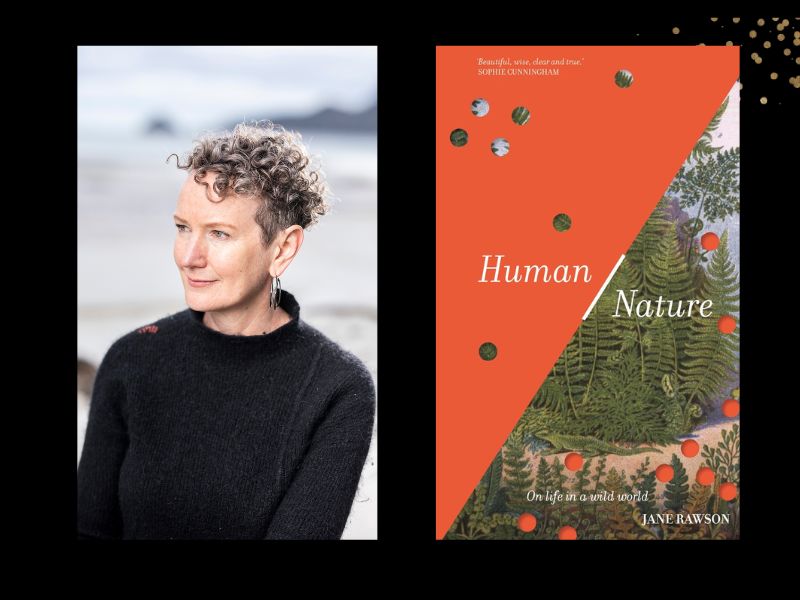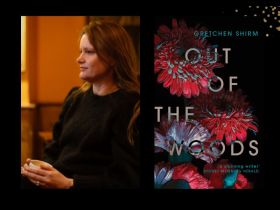Part memoir, part reflection on how humans relate to the rest of the world, part lament of the death and destruction said humans have wrought, and part discourse on the conceptions and misconceptions of what we call nature, Jane Rawson’s illuminating book, Human/Nature: On life in a wild world, covers a wide range of entwined subjects.
All of it is delivered persuasively with lucidity, conviction and a gentle touch of humour leavened with self-doubt. If ever there were a clear thinker, it is Rawson.
Each section is announced by such headings as ‘Common catastrophes/On evolution and extinction’ and ‘Calculated risk/On fear and decay’. A particularly interesting chapter is ‘Body count/On care and killing’ in which Rawson emphasises that work on the survival of a species is not necessarily the same as work on the survival of an individual; evolution in nature cannot happen without the suffering and death of individuals.
Rawson also highlights our faulty views on animal intelligence. Because we rely so much on sight, she argues, we tend to belittle the information-gathering animals may get from smell (as dogs do) or sound (as whales do) or magnetic fields (as homing pigeons do). We underestimate animal intelligence by modelling it against human intelligence, rather than judging it according to what the animal requires to thrive.
“Because I live in a cottage in the bush in the Huon Valley,” Rawson writes at the start of Human/Nature, “people assume I regularly carry a tent on my back and can recognise birds. But I am still just the same person that I always was: nervous, indolent, happy at home, not interested enough in gear to buy a pair of binoculars.”
One can only wonder how such a person can so underrate themselves; this “indolent” person has already managed to write two novels, a novella and a non-fiction book called The Handbook: Surviving and Living with Climate Change. She edits a magazine and is studying for a PhD. But perhaps it is that quality of deprecating self-knowledge that makes her writing so powerful; her opinions about climate change and evolution and nature are cogent, credible and potent.
Rawson is not the first to observe that humans are changing the Earth in ways devastating for the creatures with whom we share it. But at least it prompted her to write “this book as a white Australian of English descent living in a place where I’m unsure I belong”.
“For the past 230 years, the dominant ideas about nature in this country have been shaped by my people’s culture – colonial, white supremacist, rational, scientific, patriarchal, dualist.”
Rawson’s stated objective in writing this book is: “to interrogate how that shaping has happened, where it hides from view, what its consequences have been and whether uncovering its workings might help us change.” She succeeds in that goal, proffering a fresh understanding of reality – via deep insights into the present and penetrating pointers to a better future.
Read: Exhibition review: Karla Dickens, Rise and Fall, Wollongong Art Gallery
Human/Nature could well inspire its readers to help bring about worthwhile change. It is a significant contribution towards a better world.
Human/Nature: On Life in a Wild World, Jane Rawson
Publisher: NewSouth
ISBN: 9781761170010
Format: Paperback
Pages: 214pp
Publication date: 1 April 2025
RRP: $34.99





